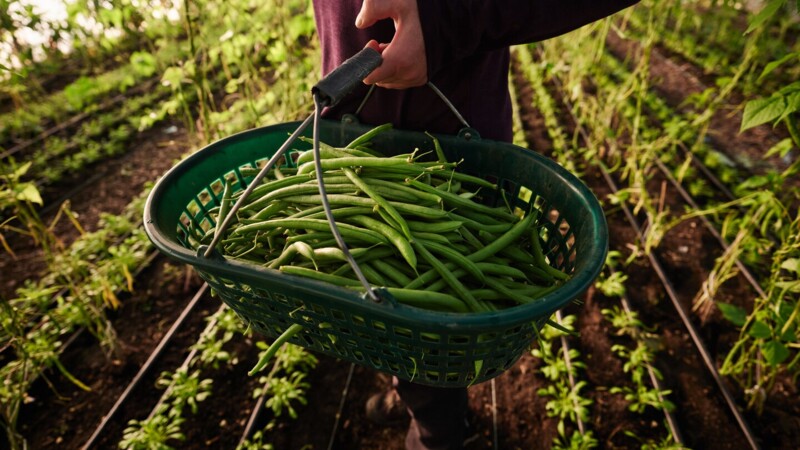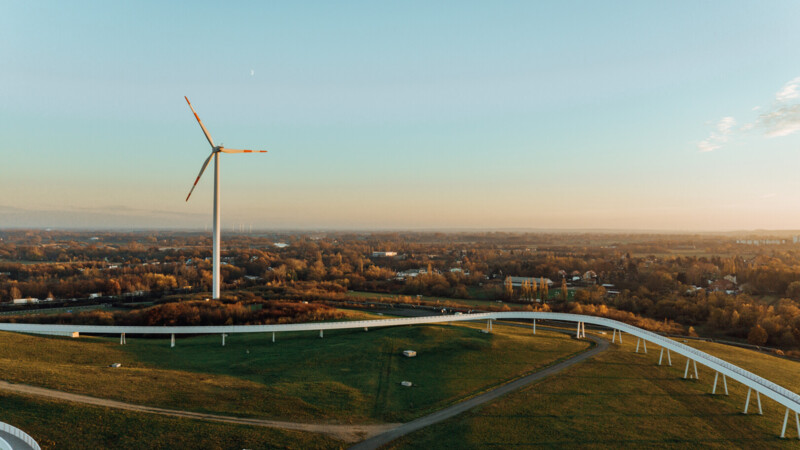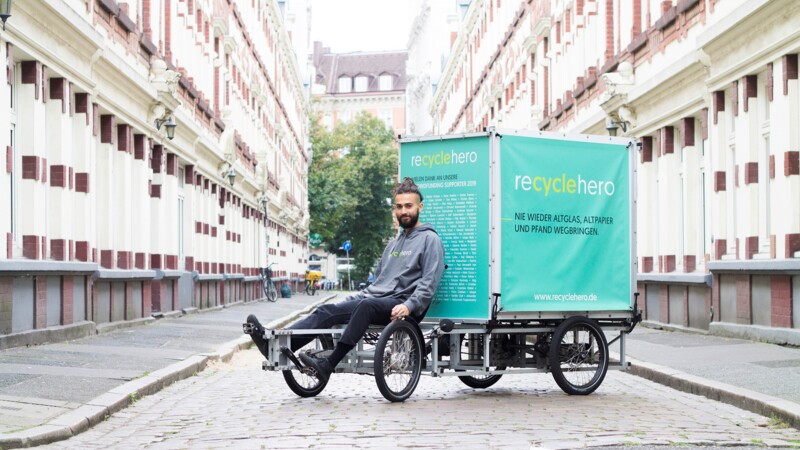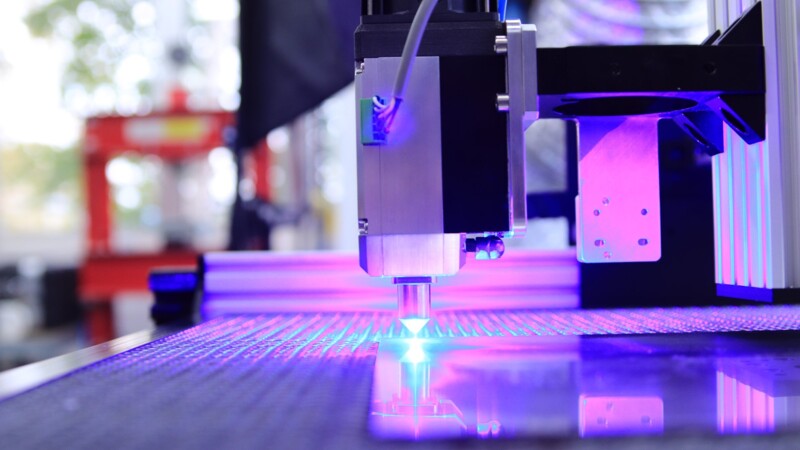"We have to rethink many sectors of the economy to protect the climate and save energy and resources," said Jens Kerstan, Senator for the Environment. To achieve this, a circular economy must be set up whereby products are used for as long as possible and then recycled regionally. That would cut mounds of waste and save resources and energy. "Long transport routes, storage costs and overproduction can be avoided by using 3D printing technology or smart wood milling technology," Kerstan pointed out. A circular economy benefits the environment and preserves both jobs and innovative strength. However, it requires more talks between regional companies.
Around 80 SMEs and regional economic stakeholders attended Wednesday (March 22, 2023) the launch of the "Circular Hub Nord" initiated by the Ministry for the Environment and the Impact Hub Hamburg. Their plans foresee setting up a circular economy in Hamburg to render the linear system of buy, use, throw away and buy again a thing of the past.
Circular economy to benefit the environment and businesses
SMEs to work on circular economy in new hub
Dr Katharina Reuter, Managing Director of the German Sustainable Economy Association, commented: "A single company does not make a circular economy. Every sector has to think about holistic transformation to move from the existing linear system to a circular economy." The association aims to launch circular hubs in Wuppertal, Leipzig and Stuttgart as well as Hamburg backed by the German Federal Foundation for the Environment. The circular hubs boost the exchange of knowledge and co-operation among SMEs to make the circular economy tangible for companies and regionally implementable.
nj/pb
Sources and further information
More
Similar articles

Ethical consumption still mainstream, Otto Trend survey finds

Event series for companies on saving energy starts in Hamburg

Founders of Recyclehero rethinking circular economy
